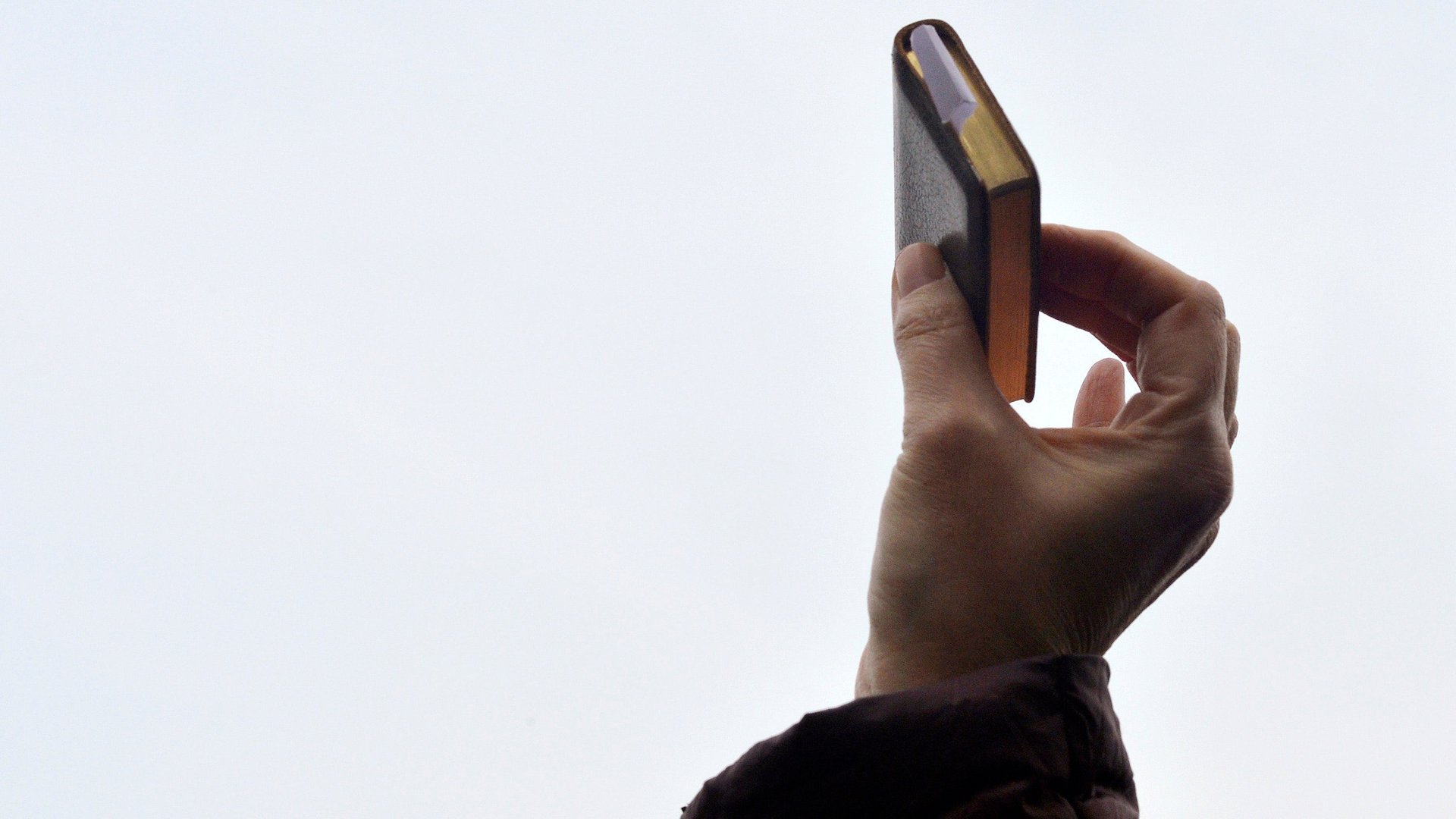This joyful, defiant poem can teach us how to survive under Donald Trump
As Donald Trump’s inauguration approaches in the US, many Americans who oppose the president-elect are vacillating between despair and anger. Some feel sorrow as Republicans prepare to defund Planned Parenthood and repeal the Affordable Care Act; others, like MSNBC television host Rachel Maddow, are left sputtering in furious disbelief at Trump’s ability to lie about issues of national importance.


As Donald Trump’s inauguration approaches in the US, many Americans who oppose the president-elect are vacillating between despair and anger. Some feel sorrow as Republicans prepare to defund Planned Parenthood and repeal the Affordable Care Act; others, like MSNBC television host Rachel Maddow, are left sputtering in furious disbelief at Trump’s ability to lie about issues of national importance.
But a daring new poem by Elisa Chavez, the current poet in residence at the Seattle Review of Books, offers an alternative vision of how to conduct oneself in the Trump era. And it’s striking a chord with readers who want to enter the next chapter of history feeling energized and ready for a fight.
Rather than grieve the legitimization of prejudice against women, Muslims, immigrants, and the LGBTQ community, the poem—appropriately entitled “Revenge”—chooses defiance. And rather than succumb to fatalism about the future of the country, Chavez asserts a fierce love for all marginalized communities, and expresses confidence that a diverse, queer, feminist America will ultimately triumph.
“Since you mention it,” Chavez begins, “I think I will start that race war.” She continues:
I could’ve swung either way? But now I’m definitely spendingthe next 4 years converting your daughters to lesbianism;
I’m gonna eat all your guns. Swallow them lock stock and barrel
and spit bullet casings onto the dinner table;
I’ll give birth to an army of mixed-race babies.With fathers from every continent and genders to outnumber the stars,
my legion of multiracial babies will be intersectional as fuck
and your swastikas will not be enough to save you,
because real talk, you didn’t stop the future from coming.You just delayed our coronation.
With dark humor and unabashed pride, Chavez goes on to embrace the chance to spend the next four years embodying bigoted America’s worst nightmare. (Read the poem in full here.)
The staggering response “Revenge” has sparked on social media suggests a lot of people are ready to follow its spirited lead:
While it might seem unusual for a poem to take off on Twitter alongside news of the Golden Globes and #SaltBae, poetry seems to be undergoing a kind of popular rebirth in the US. As Lexi Pattell writes in Wired, the form’s brevity is well-suited to social media. And tumultuous events across the country—including the US election, the police shootings of young men of color, and the Pulse Nightclub massacre in Orlando—have made many people hungry for art that can help us process emotions that might otherwise overwhelm us. As Pattell reports:
In the 48 hours following the election, Poets.org also saw its biggest surge of shares in four years. Over a two-day span, the site typically sees 80-100 people tweeting links to its poems, and about 70-100 retweeting those links. On November 8 and 9, more than 550 people tweeted out poems with 720 people retweeting those links.
In 2016, the tools that modern citizens typically rely on to understand the world—polls, pundits, and precedent—proved useful but ultimately inadequate on their own. As America prepares for a presidency that will surely be unlike any other, it makes sense that people are turning to poetry—an art form with a unique capacity to articulate that which feels almost incomprehensible.